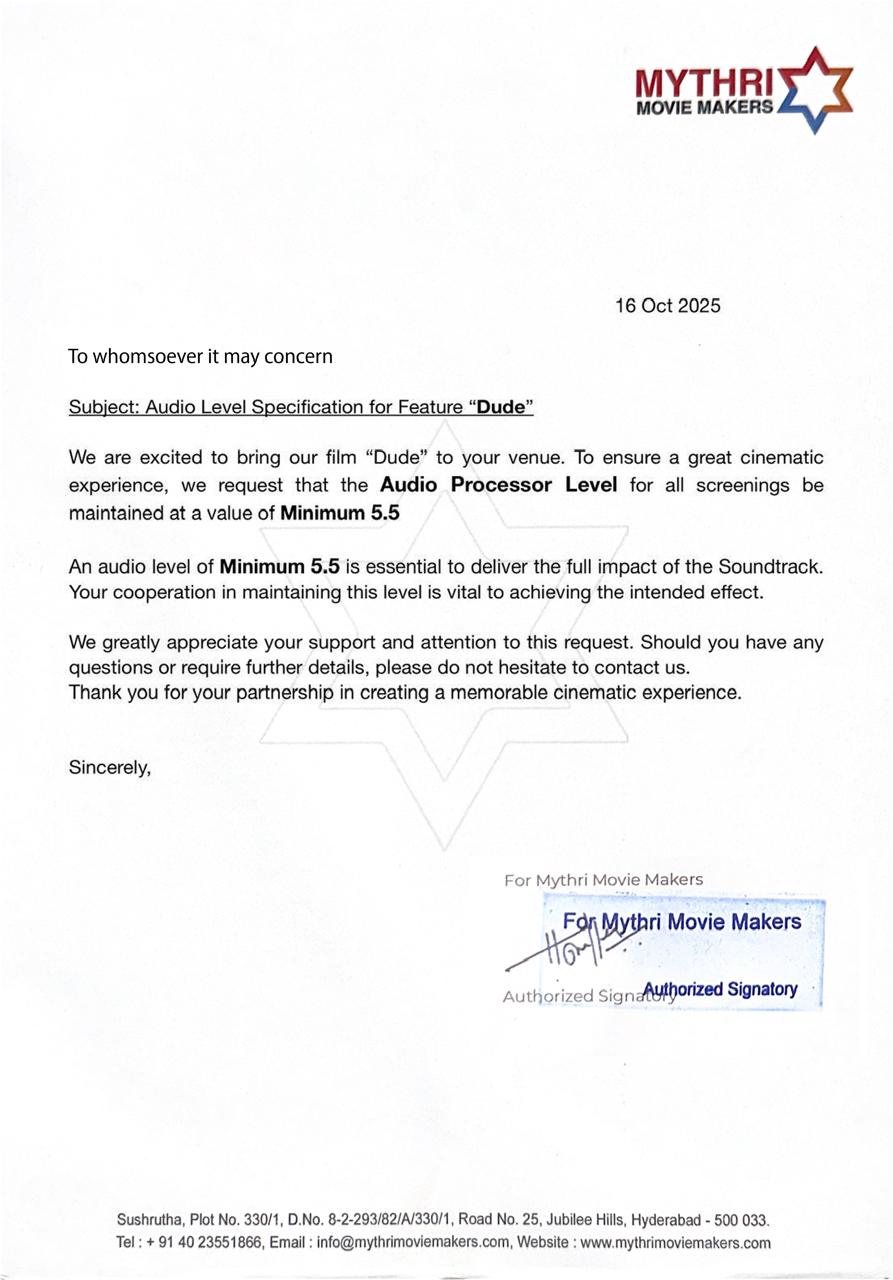
Delta Air Lines remains the most expensive major U.S. carrier, averaging $308.69 per 1,000 miles according to 2024 data from The Points Guy.
American Airlines and United follow at around $270, with budget carriers like Spirit and Frontier offering tickets for nearly a third of Delta’s rates.
Also Read – Another Air India Craft Cancelled Due to Glitch
Despite this gap, Delta continues to lead in customer loyalty. The reason lies not in any radical superiority, but in a combination of small differences that add up.
Compared to American, Delta flights are more likely to depart and arrive on time, staff interactions are typically more polished, and services like rebooking during disruptions tend to be smoother. While the actual difference in service is not enormous, it becomes more noticeable when travelers directly compare experiences.
Also Read – Serial Bomb Threats: Loss Of Faith In Air Safety?
This is where the pricing psychology matters. When faced with a $250 fare on American and a $290 option on Delta, many travelers treat the more expensive choice as a safer investment. The relatively small price jump feels like a bargain upgrade rather than a splurge.
It mirrors the decoy effect often used in pricing strategies, where the most expensive option appears more attractive simply because it promises just enough extra quality.
Also Read – Passengers Security Breached: US Airlines Exposed
United Airlines is seen as a close competitor to Delta, especially in terms of tech and app experience, but its reliability can vary more by airport.
Meanwhile, carriers like JetBlue and Alaska may offer lower prices but face issues such as operational losses or route-specific delays.
In a market where few airlines deliver consistently, Delta’s model positions itself as the most dependable option. Not because it is flawless, but because the added cost is seen by many as a worthwhile trade-off for fewer headaches and a more stable journey.






